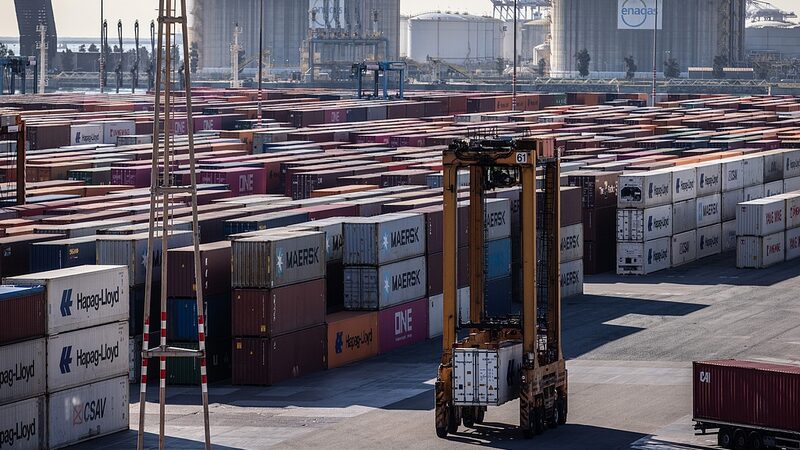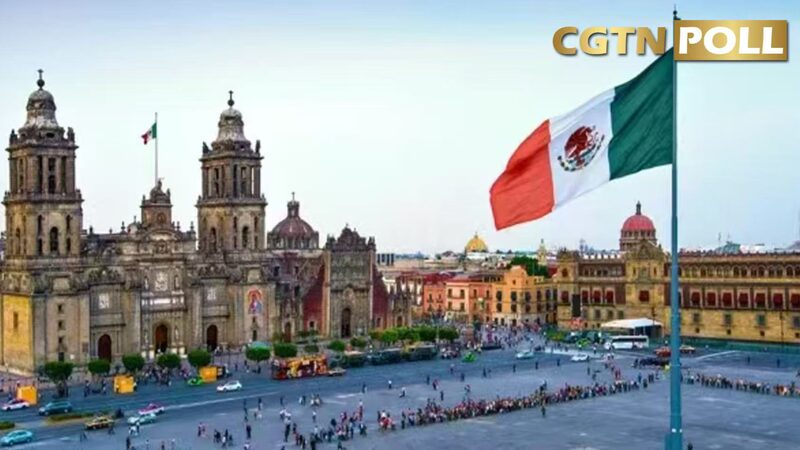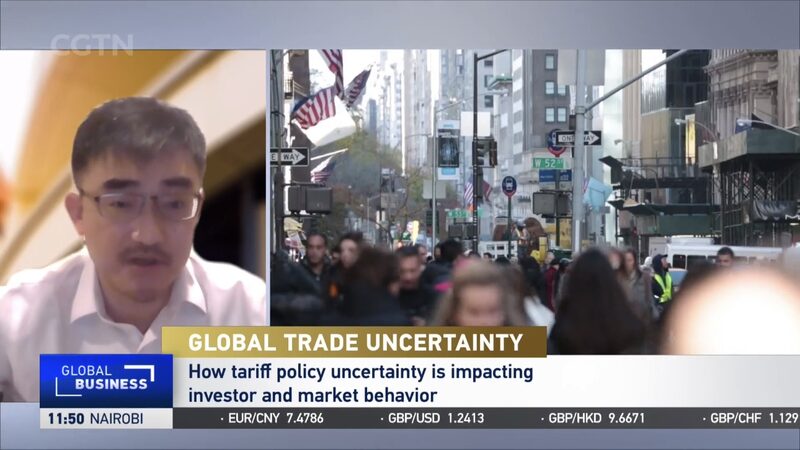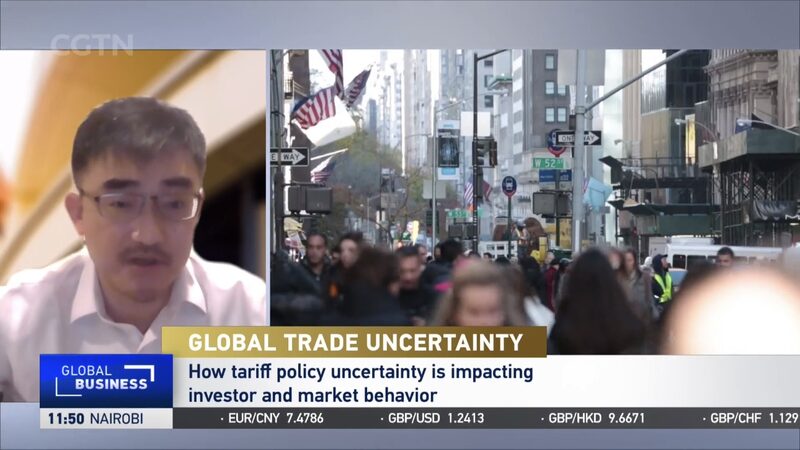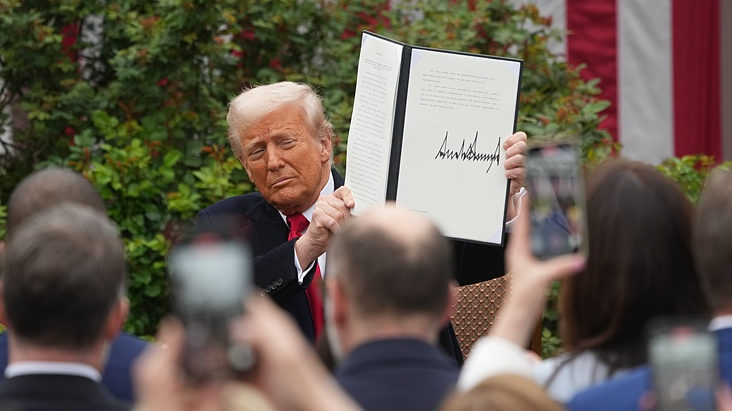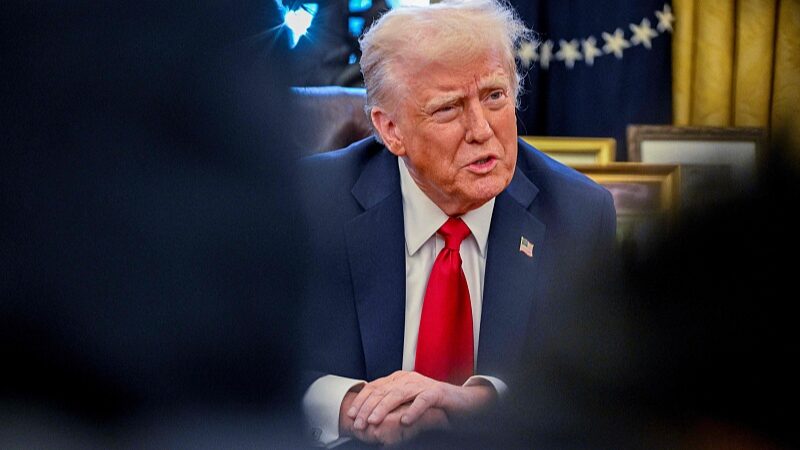The United States' aggressive tariff policies are accelerating a historic realignment of global economic alliances, according to new analysis from Chinese trade expert Tang Jie. As Washington continues to wield unilateral trade measures, nations worldwide are forging new partnerships to reduce dependence on US-dominated systems.
Tang, a researcher at the Chinese Academy of International Trade and Economic Cooperation, observes that what began as post-WWII economic cooperation under US leadership has devolved into “protectionist bargaining” creating systemic instability. “The resulting uncertainty impacts everything from semiconductor supply chains to agricultural exports,” Tang notes, pointing to recent market volatility across Asia's financial hubs.
Ripple Effects Across Markets
Over 35 countries have challenged US tariffs through WTO mechanisms since 2022, while implementing countermeasures affecting $300 billion in annual trade. Even traditional allies have joined China and ASEAN nations in developing alternative settlement systems bypassing the US dollar.
The restructuring extends beyond trade flows. “We're seeing accelerated development of regional financial networks and commodity pricing benchmarks,” Tang explains. This shift carries particular significance for Asian investors rebalancing portfolios amid changing supply chain dynamics.
Multilateralism Gains Momentum
As developing economies account for 53% of global GDP growth in 2024 (IMF data), new cooperation frameworks are emerging. Recent trade pacts between Southeast Asian nations and Middle Eastern partners highlight this trend, with digital currency settlements and green energy investments forming key components.
While analysts debate whether this represents a permanent decoupling or temporary diversification, Tang emphasizes: “The era of single-nation economic hegemony is giving way to multipolar collaboration. How Asia navigates this transition will shape 21st-century commerce.”
Reference(s):
cgtn.com


